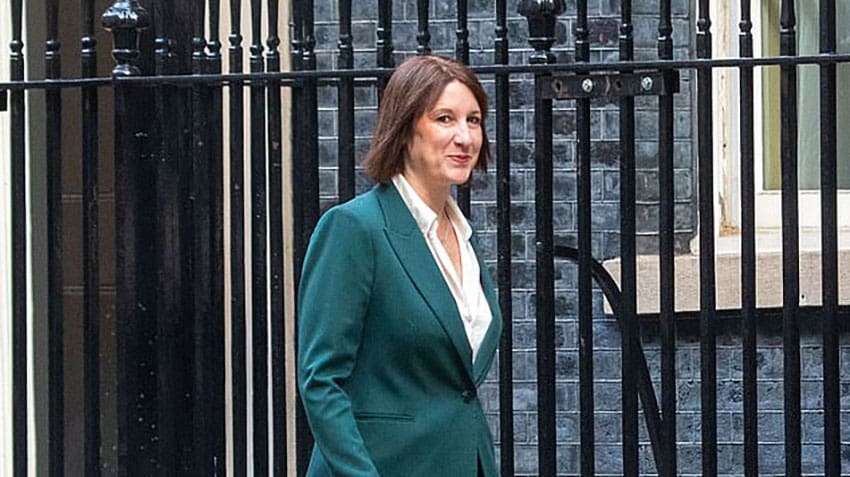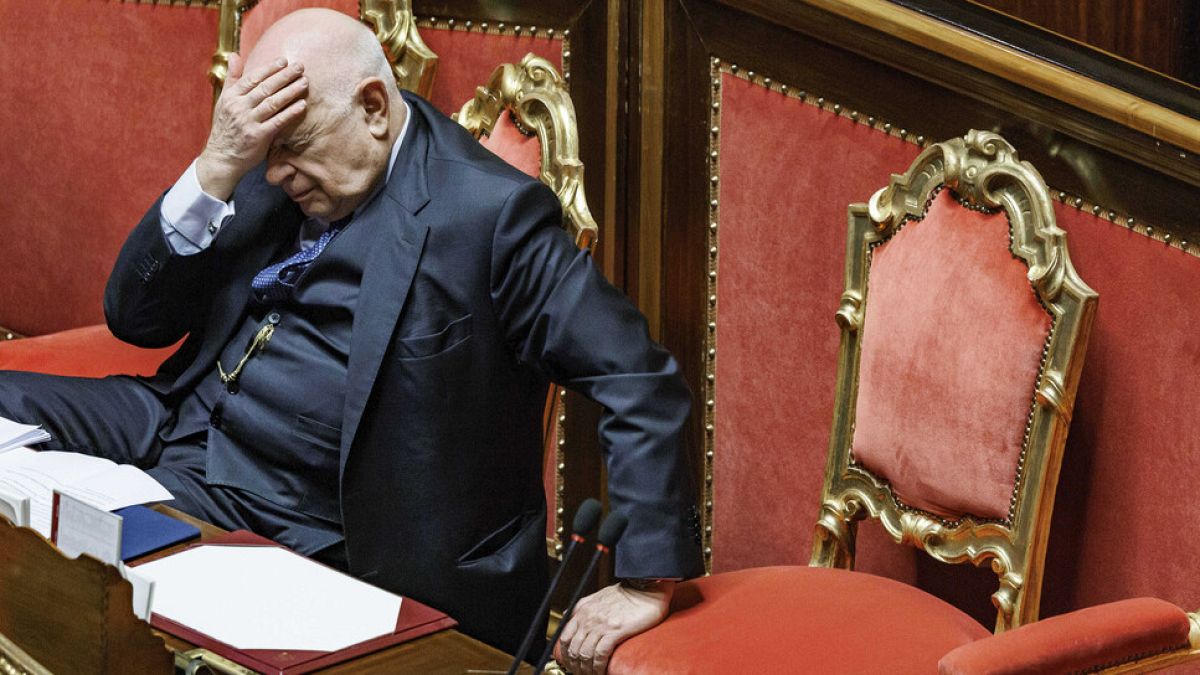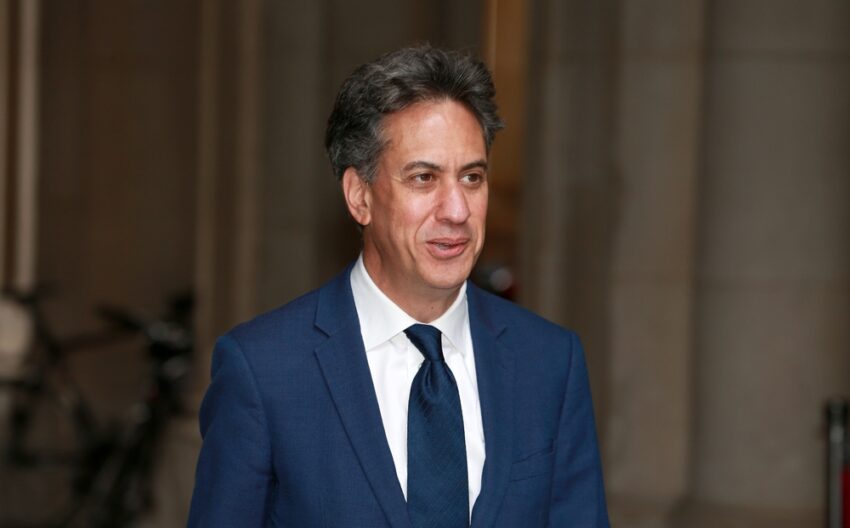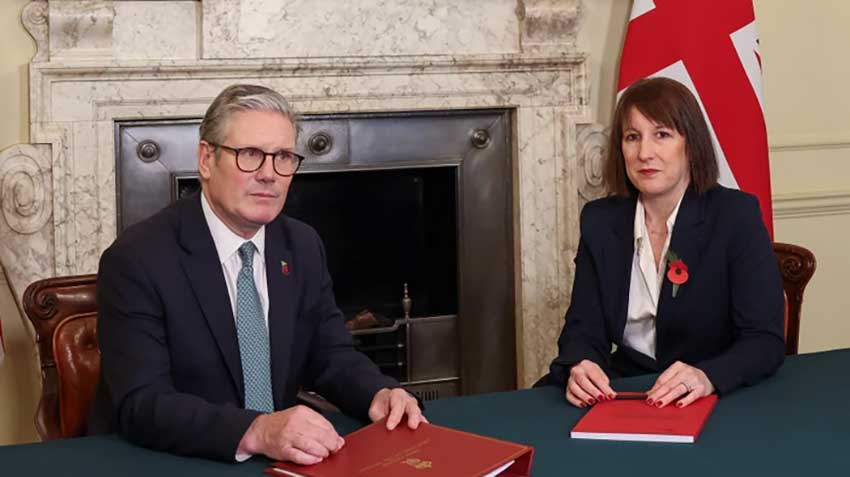Rachel Reeves to introduce new debt rule, unlocking £50bn for UK investment
Chancellor Rachel Reeves announces a new investment-focused debt rule, unlocking £50bn for capital projects while maintaining fiscal discipline. Learn more about the Budget changes aimed at boosting UK growth. Read more: Rachel Reeves to introduce new debt rule, unlocking £50bn for UK investment


Chancellor Rachel Reeves has announced a significant shift in the UK’s fiscal policy framework, confirming plans to introduce a new “investment” debt rule in next week’s Budget.
This change is expected to free up over £50 billion in borrowing capacity, earmarked for long-term capital investment projects, while maintaining fiscal discipline to reassure financial markets.
Under the current fiscal rule, the government must reduce public sector debt over a five-year forecast period. However, the new rule will focus on public sector net financial liabilities (PSNFL) as a percentage of GDP, a measure that accounts for assets held by the government and offers Reeves an estimated £53 billion of additional headroom, according to the Institute for Fiscal Studies.
Focused investment without compromising fiscal stability
Reeves underscored that the additional borrowing would be reserved strictly for investment projects, not for public sector pay or routine government expenditures. “This investment is not to pay for day-to-day spending or tax giveaways,” she stated, pledging to maintain substantial fiscal headroom as a buffer against economic volatility. Analysts expect the government to borrow up to £25 billion, leaving over £30 billion as a buffer, even as it directs funds toward projects such as green energy, education, and infrastructure.
To maintain discipline, Reeves’ new framework includes a “stability rule” requiring the government to balance day-to-day spending with revenue within a five-year period. This balanced approach, Reeves argued, will allow the UK to break away from falling public investment rates, which were projected to drop from 2.5% of GDP to 1.7% over the next five years under previous plans.
Market reaction and support from the IMF
Following the announcement, UK bond yields edged up slightly as investors adjusted to anticipated changes in Treasury debt issuance, though market response remained calm. Deutsche Bank’s UK chief economist, Sanjay Raja, noted that UK bonds were “underperforming” against German and US bonds in response to the news, while Barclays’ Jack Meaning highlighted the relative stability in market reaction to the shift to PSNFL as a debt measure.
Reeves confirmed that the International Monetary Fund (IMF) supports the decision, particularly given its recommendation for the UK to avoid cuts to investment spending. Later on Thursday, Reeves will brief IMF Managing Director Kristalina Georgieva on her plans, with the expectation that this approach will provide a foundation for growth and help the UK keep pace with global investment trends.
A strategic pivot to boost UK growth
The debt rule adjustment reflects Reeves’ broader ambition to reverse the UK’s declining investment trend, framing the Budget as a choice between “investment or decline.” She argued that maintaining investment levels is essential for the UK’s long-term economic health, contrasting Labour’s plan with previous Tory budgets that projected shrinking capital investment.
“This is about ensuring a path toward growth rather than decline,” Reeves said, emphasising that the shift represents a fundamental recalibration of the UK’s approach to fiscal policy, aimed at securing its economic future.
Read more:
Rachel Reeves to introduce new debt rule, unlocking £50bn for UK investment
What's Your Reaction?






















































